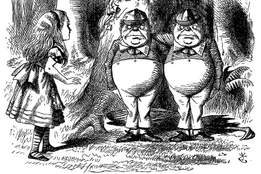nyctinasty
noun
nyc·ti·nas·ty
'nik-tə-ˌna-stē 

plural nyctinasties
: plant movement (such as the closing of a flower's petals or the reorientation of a leaf's position) that occurs in response to changes in light intensity (such as the onset of darkness) and that typically involves changes in cellular turgor : the nastic movement of the parts of some plants that occurs in the absence of a directional stimulus and that is associated with the plant's circadian cycle
In leguminous plants, nyctinasty is caused by volume change of cells in the pulvini, a special organ located at the base of the leaflet.— Minoru Ueda et al.
Minoru Ueda et al.
 Minoru Ueda et al.
Minoru Ueda et al.The prayer plant family consists of roughly 550 species. They all share the quirk of folding up their pretty leaves for the night—like praying hands—then lowering them again to a flat position when the sun returns in the morning; this circadian movement is called nyctinasty.— Gynelle Leon
Gynelle Leon
 Gynelle Leon
Gynelle LeonPortulaca … is a member of a large group of plants that close their flowers as the sunlight decreases such as at dusk, or when clouds are present, or when it rains. This response, known as nyctinasty, is a biological rhythmic event in which the leaves or petals close in response to darkness.— Anne Ditmer
Anne Ditmer
 Anne Ditmer
Anne DitmerLove words? Need even more definitions?
Merriam-Webster unabridged








Share